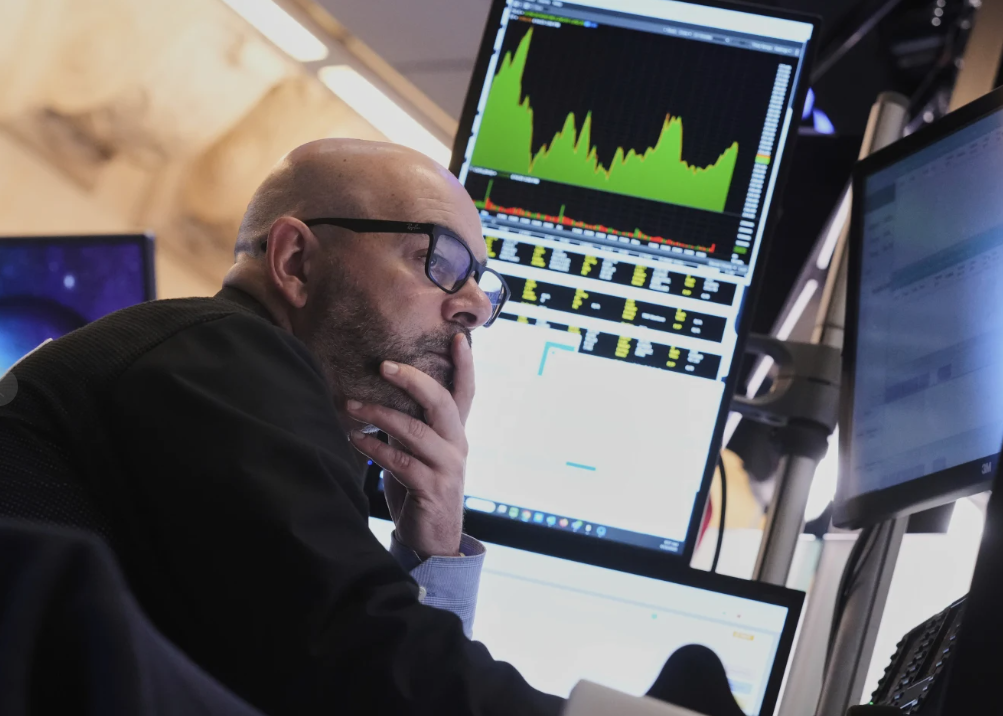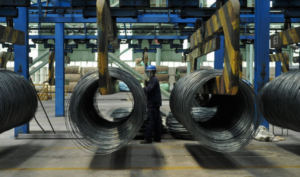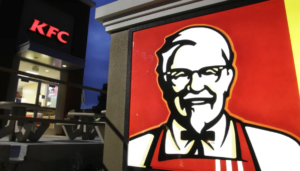U.S. stocks saw modest gains Tuesday during what turned out to be a relatively calm session for financial markets—at least for the time being.
The S&P 500 ticked up 0.3% in afternoon trading. This followed a wild ride the day before when it swung between a 1.8% gain, a small loss, and back again, largely driven by ongoing uncertainty around former President Donald Trump’s trade war. Economists continue to warn that escalating tariffs could tip the global economy into recession unless tensions ease.
As of late morning, the Dow Jones Industrial Average had risen 71 points, or just under 0.2%, while the Nasdaq composite was also up 0.3%.
Meanwhile, the U.S. bond market, which has been volatile recently, showed signs of stability. The yield on the 10-year Treasury note slipped to 4.33% from 4.38% the day before. Last week, yields had surged as high as 4.48%, up from 4.01% just a week earlier. This sharp move stirred investor concerns since bond yields typically fall—not rise—during times of fear and economic uncertainty.
The U.S. dollar also found firmer footing. After sliding last week amid trade war jitters, the dollar strengthened slightly against the euro and Swiss franc, though it lost ground against the British pound.
On Wall Street, bank stocks saw notable gains. Bank of America jumped 4% after delivering quarterly profits that surpassed analysts’ forecasts. Citigroup also beat expectations, with its shares climbing 2.3%. Much of the recent strength from big banks has come from their trading operations, which have benefited from the volatility sparked by shifting trade policies.
Palantir Technologies climbed 4.6%, building on momentum from the previous day. The AI-driven software firm got a boost after NATO announced it would use Palantir’s artificial intelligence tools for its allied command operations.
Not all companies shared in the gains. Grocery giant Albertsons dropped 7.5% despite reporting better-than-expected earnings for the quarter. Its forecast for the upcoming year’s profits disappointed investors.
Health care provider DaVita also fell, down 2.1%, following news of a ransomware attack affecting its operations. The company is still investigating and hasn’t yet determined the full impact.
Tensions between the U.S. and China continue to escalate, with both countries rolling out new tariffs and retaliatory measures. Trump has pushed for a revival of U.S. manufacturing and aims to reduce the trade deficit. Meanwhile, Chinese leaders are on a diplomatic tour of Southeast Asia, attempting to position China as a source of “stability and certainty.”
Overseas, markets mostly rose. In Europe, Germany’s DAX and London’s FTSE 100 each gained 1.4%. In Asia, Japan’s Nikkei 225 rose 0.8% and South Korea’s Kospi gained 0.9%. China’s markets saw less movement, with Hong Kong’s Hang Seng up 0.2% and Shanghai’s index inching higher by 0.1%.














